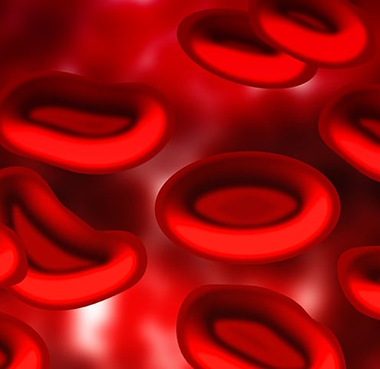

Leveraging awareness communications to grasp the potential opportunity for medical devices designed to monitor health and chronic illnesses offered by the new US administration.

Leveraging awareness communications to grasp the potential opportunity for medical devices designed to monitor health and chronic illnesses offered by the new US administration.

Continuous glucose monitoring (CGM) technology is rapidly expanding beyond Type 1 diabetes to reach a wider demographic, including Type 2 diabetics and wellness users. How manufacturers advancing CGM technology to address these diverse needs, focusing on ease of use, device reliability, and adherence strategies? By prioritizing these areas, manufacturers can empower a growing user base to manage their health more effectively and independently.

Matter and HERIF announced the winner of the Inaugural Future HealthTech Leaders Innovation Challenge. Monarch Health, a digital behavioral health treatment program for children and adolescents with medical conditions and health concerns, wins in eight-week accelerator pitch competition.

This blog explores the transformative potential of AI assistants in healthcare management and delves into the benefits for providers, medical assistants, and obviously, patients.

Casgevy, a cell-based gene therapy for transfusion-dependent beta-thalassemia that utilizes CRISPR/Cas9 technology, was approved by the FDA following its application through the Fast Track and Regenerative Medicine Advanced Therapy (RMAT) programs.

Behavioral health providers were excluded from the 2009 HITECH Act, which contributed to significant disparities in EHR adoption between mental and physical health providers. The Behavioral Health Information Technology (BHIT) Coordination Act could help remedy this, yet regulatory and societal barriers to full interoperability remain.

Gait analysis is proving to be a vital tool in elderly health care, offering insights into overall health, frailty status and early signs of disease processes. With the help of novel technology, we’re now able to capture gait and mobility beyond mere observational analysis.

Shuvo Roy, Ph.D., Professor of Bioengineering at UCSF and Technical Director of The Kidney Project, and his research partners have developed an artificial kidney constructed of semiconductor silicon wafers that remove waste and toxins from the blood and a cell therapy unit that replicates other kidney functions. Their prototype, powered entirely by blood pressure, filtered blood and created urine in a pre-clinical trial.

This week Huma Therapeutics received FDA Class II 510(k) clearance for its Software as a Medical Device (SaMD) platform, potentially speeding approval of a variety of AI and machine-learning (ML)-powered digital health devices. We spoke with Kaushik Gune, U.S. Head of Healthcare at Huma, about the current state of digital health technologies, the value of partnerships to enhance the use of real world data and how digital health is likely to advance in the coming years.

We’ve all dabbled with apps that affect various parts of our health and wellness, but never in a holistic way. This is an opportunity for the tech sector to help patients drive better health outcomes and reduce overall healthcare costs by showing them how to embark on a path of wellness. It’s just a matter of pulling it together into the right user experience.